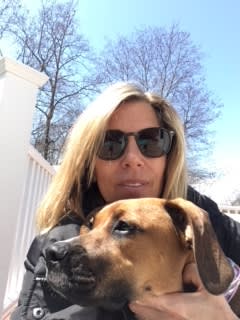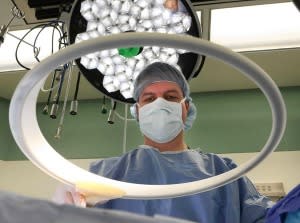By William Symons, MD, FACS, Director, Hernia Center
A hernia: that sounds painful, right? It's very common for many of us to associate a hernia with varying degrees of pain. Here's some “true or false” that will help clarify any misconceptions about hernia pain.
While hernia pain can definitely be one of the symptoms of hernias, not everyone who has a hernia actually experiences pain. If you're concerned you might have a hernia, or are unsure, check with your doctor or request an appointment with our Hernia Center team.
A hernia: that sounds painful, right? It's very common for many of us to associate a hernia with varying degrees of pain. Here's some “true or false” that will help clarify any misconceptions about hernia pain.
Is a hernia painful?
False.
A hernia is a small hole in the abdominal wall. This hole can allow intestinal and other tissue to move back and forth. Sometimes, this tissue gets stuck as it moves through the hole, which causes decreased blood flow and therefore pain. When the pressure on the tissue is relieved, the tissue will move back into place and the pain will subside. Sometimes, however, the tissue doesn't get stuck, and the blood flow isn't interrupted, which would be the main reason some of us don't feel any hernia pain.It's easy to predict the timing and intensity of hernia pain.
False.
There are many unique types of hernias. For that reason, it's not always possible to tell when the tissue will get stuck within the hernia defect, which makes it difficult to predict the timing and the intensity of hernia pain.Even if you have no hernia pain, you should still get your hernia examined or treated.
True.
Hernias never heal on their own. With time, hernias grow in size. This allows more tissue to be pushed through the hernia defect as more time passes, therefore increasing the risk of the blood flow being interrupted at some point. Again, the interruption of blood flow is what causes hernia pain.I have belly button or groin pain. That means I have a hernia, right?
False.
Pain in the groin or the umbilicus (belly button area) can be caused by conditions other than a hernia. Muscle strain is a very common cause of groin pain. This is an injury to the muscle fibers, causing a small muscle tear. With rest and time, this pain usually completely resolves in 8-12 weeks. If you have persistent pain, talk to your doctor.It's possible to have multiple hernias at once.
True.
Yes, it's possible to have multiple hernias, or different types of hernias, at the same time. This patient, for instance, had an umbilical hernia with no pain, then developed two inguinal (groin) hernias some time later, both of which caused him pain.While hernia pain can definitely be one of the symptoms of hernias, not everyone who has a hernia actually experiences pain. If you're concerned you might have a hernia, or are unsure, check with your doctor or request an appointment with our Hernia Center team.
Featured Expert/ Author




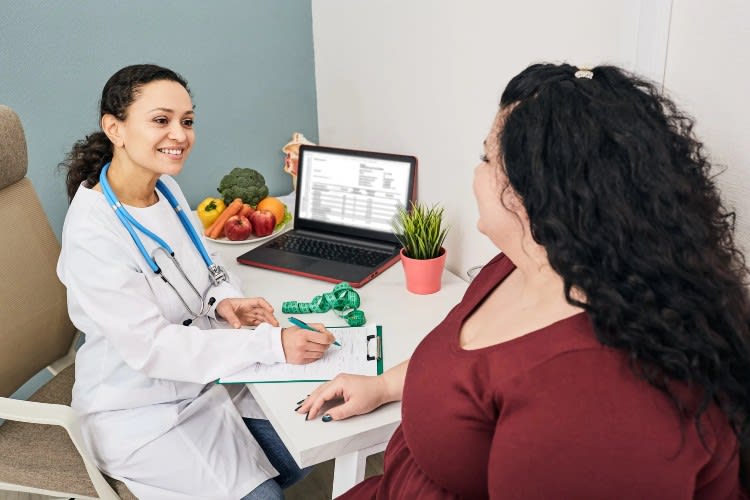
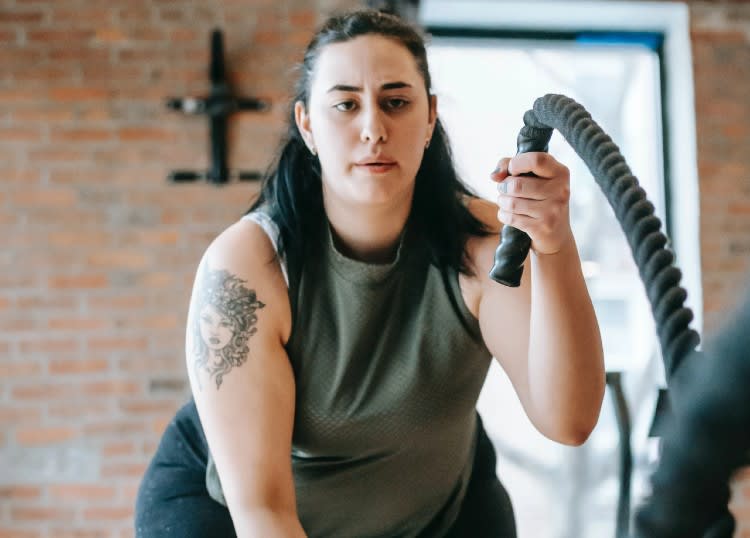
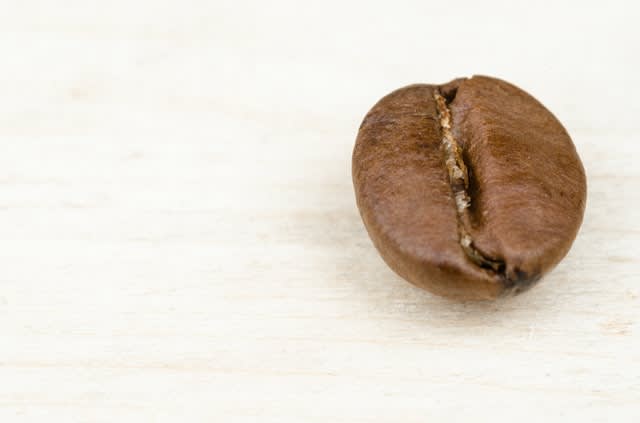


)



